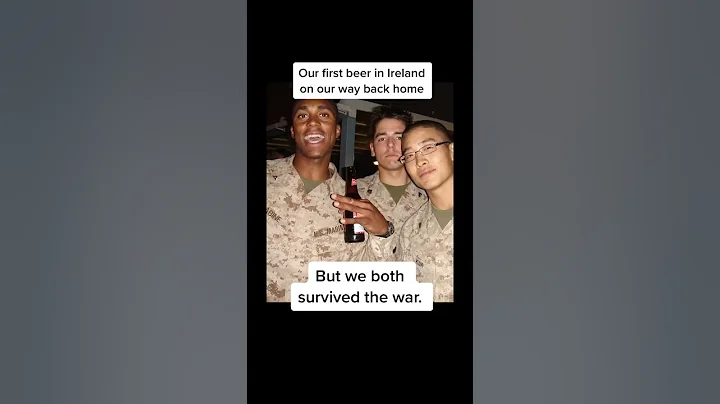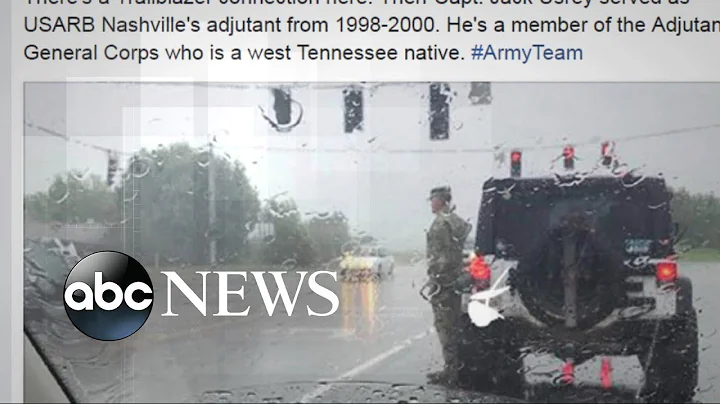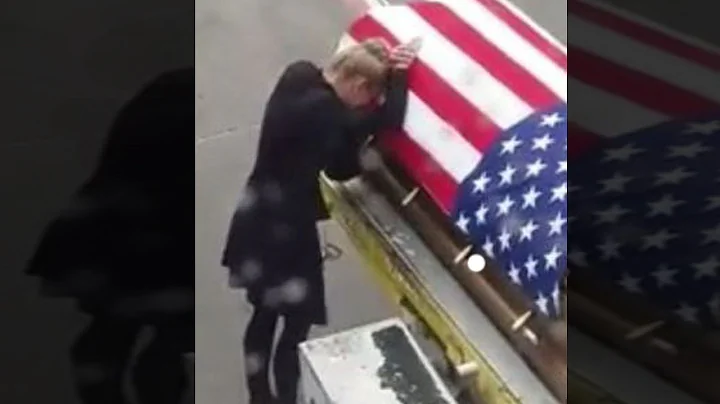Text | Zuozuo
In "A Better Tomorrow", Song Zihao's father said this to Song Zihao -
" I remember when you were children, he played with you as soldiers to catch thieves, and he clamored to be a soldier even to death. I I don't want you two brothers to still play this kind of game when you grow up. "
My father unfortunately said that in "A Better Tomorrow", the entire story is based on this conflict of "soldiers catching thieves".

"A Better Tomorrow" (1986)
Hong Kong movies can almost use "A Better Tomorrow" as a dividing line, divided into the pre-"A Better Tomorrow" era and the post-"A Better Tomorrow" era. John Woo 's importance in this period is self-evident. , he not only created a new ecology of Hong Kong movies with other new wave directors as a trend-setter, but also used his unique violent aesthetics and heroic stories to let the world see that Hong Kong movies are not just Kung Fu movies.
From "A Better Tomorrow" to "Double Heroes" with the culmination of personal style, from "Hot Detective" which was a stepping stone in Hollywood, to " Faces " which perfectly combines Eastern heterogeneity and Western-style narrative, "Two Heroes" or "Three Heroes" Pattern has always been a hallmark of John Woo’s films.

"The Two Heroes" (1989)
The "two heroes" in "A Better Tomorrow" have multiple directions. On the one hand, it is closely related to the "thief soldiers" of Brother Hao and Ajie, and on the other hand, it is closely related to Brother Hao and Pony. Brother 's master-servant relationship is sympathetic to each other.

"A Better Tomorrow" (1986)
This "double" also points to the conflicting feelings of the characters themselves. Brother Hao wants to change his evil ways for his younger brother Ajie, and the contrast between brother Ma's loyalty and ruthlessness, and the innocence of Ah Jie. In the end, Jay realizes that the changes in the norms of the adult world are all manifestations of this sense of contradiction. In John Woo's male world, the duel between the two heroes not only exists between the characters, but also exists within the characters themselves.
In the subsequent "Blood Heroes", this kind of duel between the two heroes and the contradictory feeling of the characters themselves were brought to the extreme by John Woo. Detective Li Ying, who was chasing the killer Xiaozhuang, finally discovered that Xiaozhuang was not the criminal he thought, so he joined forces with him and finally avenged the murdered Xiaozhuang.

"The Two Heroes" (1989)
The two heroes, who were originally in the black and white lanes, gradually intersected and merged during the development of the story, and even moved to a certain extent. Li Ying's last shot to kill Wang Hai, the mastermind behind the scenes, is his recognition of the world order in which Xiaozhuang lives.
Later, when "Face" became popular in Hollywood, John Woo even borrowed a sci-fi plot like "Face" in this completely Western-style spy movie, and used the two-hero model that he was familiar with. Placed on Nicolas Cage and John Travolta .

"Face Changing" (1997)
This time, the connection between the two heroes has become a shared skin and identity, which is very reminiscent of the "Face Changing" technique in Peking Opera. The two heroes, who have something in common in nature, have the same face this time. Another translation of the
film " " also reveals the "two heroes" relationship between the two protagonists. After exchanging faces, Nicolas Cage and John Travolta had a scene opposite each other in the bathroom. John Woo used a large number of mirrors in this scene to show the mirror relationship between the two.

"Face" (1997)
The two heroes have each other's core, which reaches its climax in John Woo's "mirror scene". What the two heroes have to face is not only the confusion about the identification of "others", but also the swing in the definition of "self". At this level, John Woo's "Two Heroes" model even has the psychological issues of the relationship between "self" and "other" that Hitchcock and De Palma explored in a large number of works. .

" Taiping " (2014)
Now, John Woo has filmed another story about "soldiers catching thieves". He said at the press conference of his new film "Pursuit", "I haven't held a gun in more than ten years, which is a bit... lonely.A director should not leave his own style for too long. So this time I came back to let go, shoot, and regain the excitement.
"At least, I can still carry a gun."
Speaking of "Manhunt", many people will think of the 1976 version starring Takakura Ken .
John Woo's "Manhunt" is not strictly a remake, because the film studio of "Manhunt" refused to sell the rights to remake the film, so John Woo had no choice but to purchase the original novel, "Walking Through the River of Angry" by Toshiyuki Nishimura. "", based on the original novel, it is adapted in an Eastern style, making this Japanese story that took place in the 1970s more acceptable to today's audiences.

Judging from the current setting, John Woo has indeed given this story more modern elements. Du Qiu, played by Zhang Hanyu, was a Japanese prosecutor in the original film and became an international lawyer here. Originally preparing to retire, he was suddenly accused of murdering his female colleague and had to flee while searching for the truth.

Detective Yamura, played by Masaharu Fukuyama, was ordered by his superiors to capture Du Qiu to close the case and calm the public's panic. But during the investigation, Yacun discovered that Du Qiu was indeed wronged.

Zhang Hanyu's own tough guy temperament represents the "tough" side of the two heroes, while Fukuyama Masaharu has more "Confucian" elements. The combination of hardness and softness in his personal temperament perfectly complements the This crack in the relationship between police and gangsters can also give Yamura a certain character foundation for his final transformation.
The "exotic" identities of the two people from different nationalities also allow the emotional communication in the main line of "hunting" to transcend language and truly appeal to the level of emotion and trust.
The character setting of "Pursuit" is a very classic two-hero model. You can even find the shadows of Yamura and Du Qiu in many of John Woo's works. One soldier and one thief, from "soldiers catching thieves" to "soldiers catching thieves" "The soldiers help the thieves." In the end, there is a high possibility that the soldiers will go with the thieves.
's change of mentality from different paths to being on the same path is not only accompanied by the discovery of the truth about the crime, but also accompanied by the mutual understanding of the two heroes.

John Woo designed a very interesting prop for the duel between these two characters. In most of the film, Yamura and Du Qiu were handcuffed together. They needed to act together and even cooperate with each other. There must be a special tacit understanding, otherwise they will be twisted together. This also means that the film will have relatively big breakthroughs and challenges in the action scenes.
For example, Du Qiu helped Yamura load the magazine, and Yamura came to shoot.

Another example is two people sliding down the door panel together to form a "double gun".

There is this sentence in the trailer of "Manhunt" that perfectly explains this symbiotic relationship between soldiers and thieves.
"The police and the killer always appear at the same time."
I think that this simultaneous appearance not only means that the police and the killer are natural enemies, but also points to the commonality between these men to a certain extent.
They live in the rules of their own world, with their own passion and anxiety. They are usually excluded and oppressed, wandering on the edge of the power order, but they all stick to some final moral ideal behind the violence.
Director John Woo himself is a Christian, and he has assigned Christian identities to many of his characters. This is the core of the coexistence of violence and faith that he adheres to in his works.
For a story like "The Hunt", truth and justice are the beliefs behind violence.





















